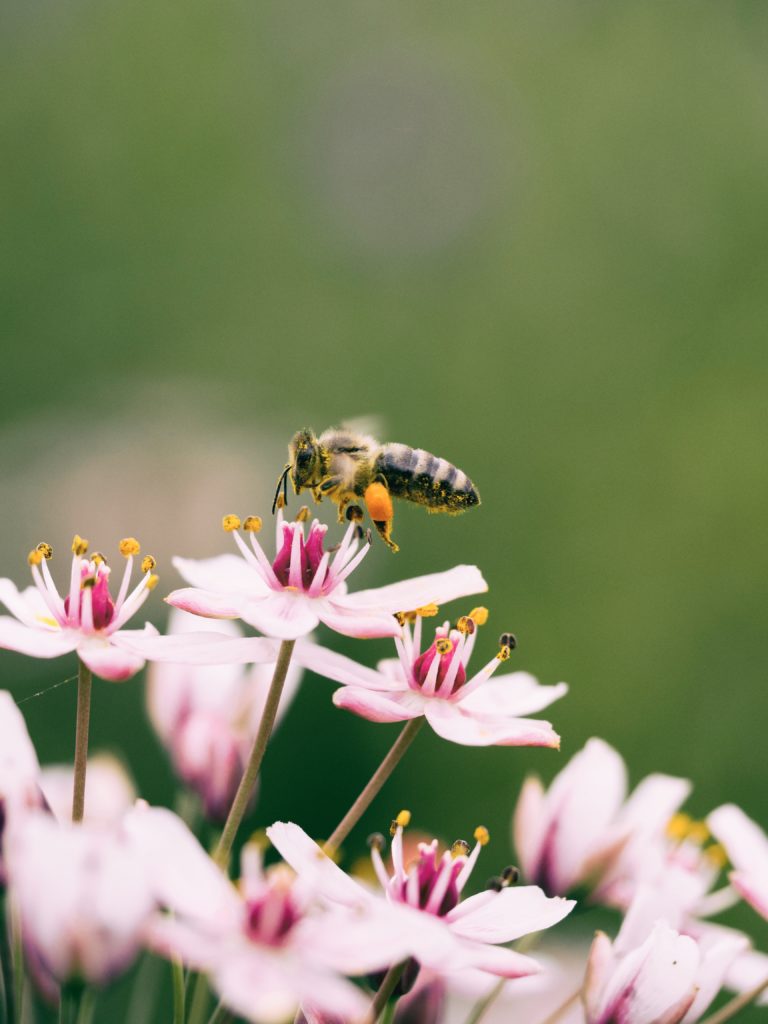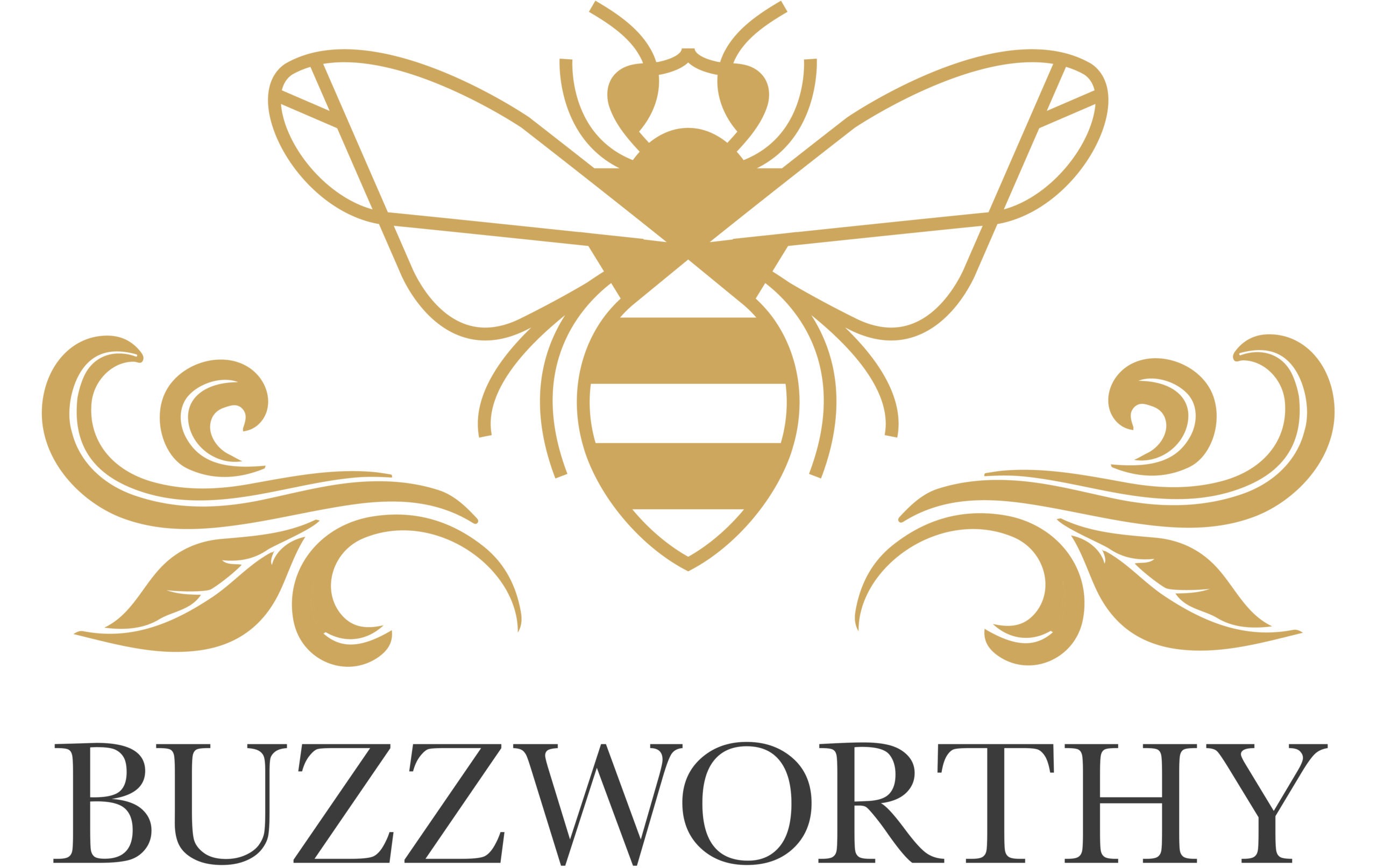The Importance of Bees
Between 75% and 95% of all flowering plants on the earth rely on pollinators for fertilization. If you look at the plate of food on your dinner table, bees have played a role pollinating the many vegetables and fruits we eat directly, and pollinating the food for the animals that we then consume. If we want to talk dollars and cents, pollinators add 217 billion dollars to the global economy, and honey bees alone are responsible for between 1.2 and 5.4 billion dollars in agricultural productivity in the United States. In addition to the food that we eat, pollinators also support healthy ecosystems that clean the air, stabilize soils, protect from severe weather, and support other wildlife. But bees and other pollinators are disappearing globally at an alarming rate. This decline is most attributed to a loss in diverse feeding and nesting habitats, but pollution, pesticides, disease, and changes in climatic patterns are also contributing to shrinking and shifting populations. If these little insects that help provide so much of the food we eat were to vanish, what would we do without them?

How Can You Help?
The single, most important thing you can do to help bees and other pollinators is to fill your garden with a variety of native flowering plants. These plants form the primary structure of the living landscape and provide food and shelter for native animal species, including migratory birds and pollinators. As natural habitats are lost to development, home gardeners and professional landscapers more than ever need to landscape with native plants to support the local ecosystem. An additional benefit is local native plants are adapted to local temperature and rainfall fluctuations so once established, native plants often require less watering compared to non-native species, saving natural resources, time and money.
Pesticides by their very nature are toxic, at least to some forms of life or another. Broad spectrum insecticides kill all insects, and such nondiscriminatory chemicals should definitely be avoided. If you must treat your garden, opt for organic pesticide options and spray at night when pollinators are least active. Or use beneficial insects such as praying mantises and ladybugs in your garden. Avoid chemicals belonging to the neonicotinoid family at all costs, as they are especially harmful to bees.
If you feel using pesticides is necessary, there are a few steps you can take to minimize it’s effect on pollinators:
- Check for “Bee Hazard” warnings and pollinator precautions in the Environmental Hazards statement and in the directions for use on the label.
- Read and follow ALL label directions carefully – use the proper rate (not more or less) at the right time for the correct target pests, and avoid re-applying unnecessarily.
- Pay close attention to the Environmental Hazards statement and all pollinator information on the label to determine if special precautions must be taken to protect pollinators. The label will tell you if the pesticide should not be used on prebloom or blooming plants, and if the pesticide should only be used when bees and other pollinators are not actively foraging (for example, just before dark).
- Avoid applying when lower temperatures will allow dew formation. Dew may re-wet pesticides and increase bee exposure.
If you’re not quite ready for a hive of your own, you can help save the bees by supporting a beekeeper in your area. These keepers work hard to nurture their bees and better the local community for bees and humans alike. The easiest way to do this is to buy locally-made honey and beeswax products. Many beekeepers use products from their hives to create soaps, lotions, and beeswax candles. Plus, local honey is not only delicious but it may be made by bees that visited plants in your own backyard! You can also contact your local beekeeping societies to see what kind of volunteer support or donations they might need.
SE Virginia Local Honey Providers
You can also sponsor a hive by funding new hive installations. The Honeybee Conservancy is working to install stocked honeybee hives and solitary bee homes in communities across the United States. By sponsoring a hive, you aren’t only helping to save the bees, but improving communities across the country.
